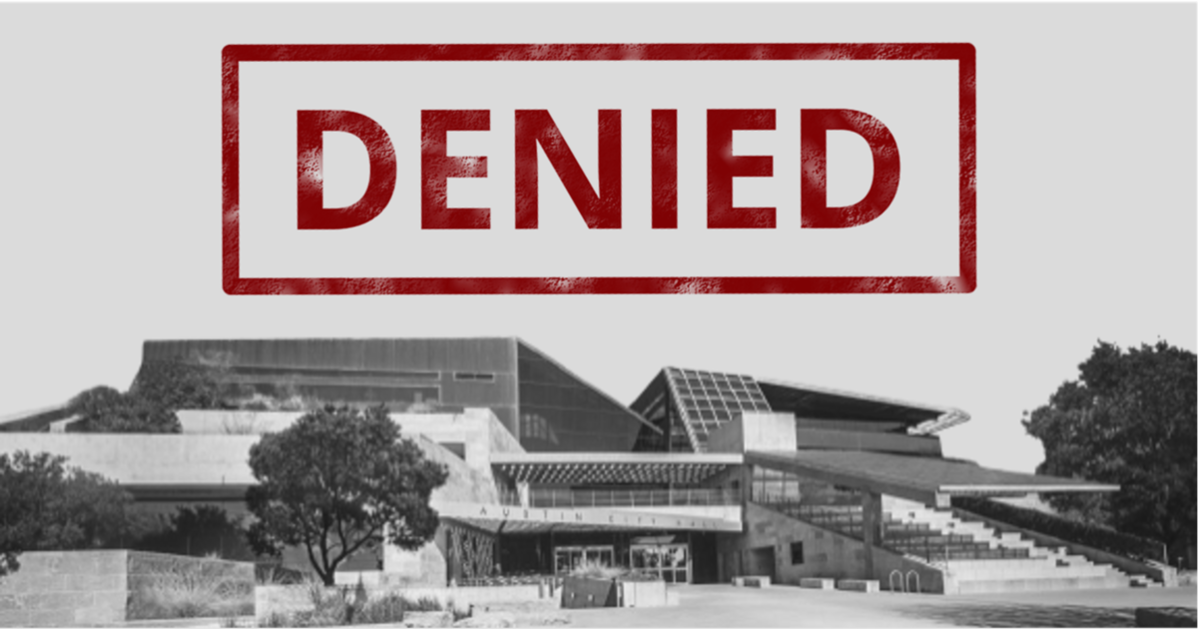
The city and its developer allies were defeated in the just-ended Texas legislative session. With your generous support for CNC’s professional lobbying and advocacy campaign, legislative bills to strip away property owners’ notice and protest rights failed miserably—not even garnering enough support for a vote in committee.
The city has lost now in both the court and Legislature. How will the mayor and new council respond? Will the mayor and new council recognize reality and agree to work for a consensus-oriented, community stakeholder land code revision process? Or will they continue the mayor and past council majority’s self-defeating, “we-know-best” CodeNEXT approach, ignoring the interests of current Austin residents?
In the session, CodeNEXT’s proponents pushed two companion bills (HB2989 and SB1120) that would have allowed cities to evade providing property owners’ notice and protest rights when multiple properties were proposed for rezoning. These bills’ purpose was to give the city carte blanche to massively rezone and redevelop neighborhoods and businesses (i.e., pass CodeNEXT) without having to obtain a consensus, supermajority vote of council members.
The Legislature rejected the bills’ two attempted loopholes to property owners’ rights. Legislators first refused to exempt “comprehensive revisions” of the land development code (like CodeNEXT) from notice and protest rights. In essence, the Legislature declined to overturn Judge Soifer’s decision in March 2020 against the city. In fact, the city’s attempt to amend state zoning law at the Legislature—while its appeal of Judge Soifer’s decision is still pending before the Court of Appeals—is an implicit acknowledgement that the city understands that it is very likely to lose its appeal.
The Legislature also denied the city’s attempt at creating a much broader loophole, exempting from notice and protest rights any zoning amendment “uniformly across boundaries or areas of the municipality.” This was intended to authorize a variety of different schemes by the city to evade notice and protest rights when rezoning more than one tract at a time. For example, this loophole would have authorized the city to change zoning regulations in single family zoning, neighborhoods to allow 4-6 units on every lot. It also would have authorized the city to rezone without notice and protest rights, by simply creating new zoning districts (such as “overlay districts”). The Legislature, just like the court, rebuffed the city’s radical attempt to eviscerate your property rights.
The question is whether the mayor and council majority have learned anything. Will the mayor and council majority choose continued time-consuming and expensive hardball or will they finally try a consensus-based approach? We prefer consensus but if they choose the former, they should know that CNC and its allies will continue to hold them accountable.
Stay tuned.